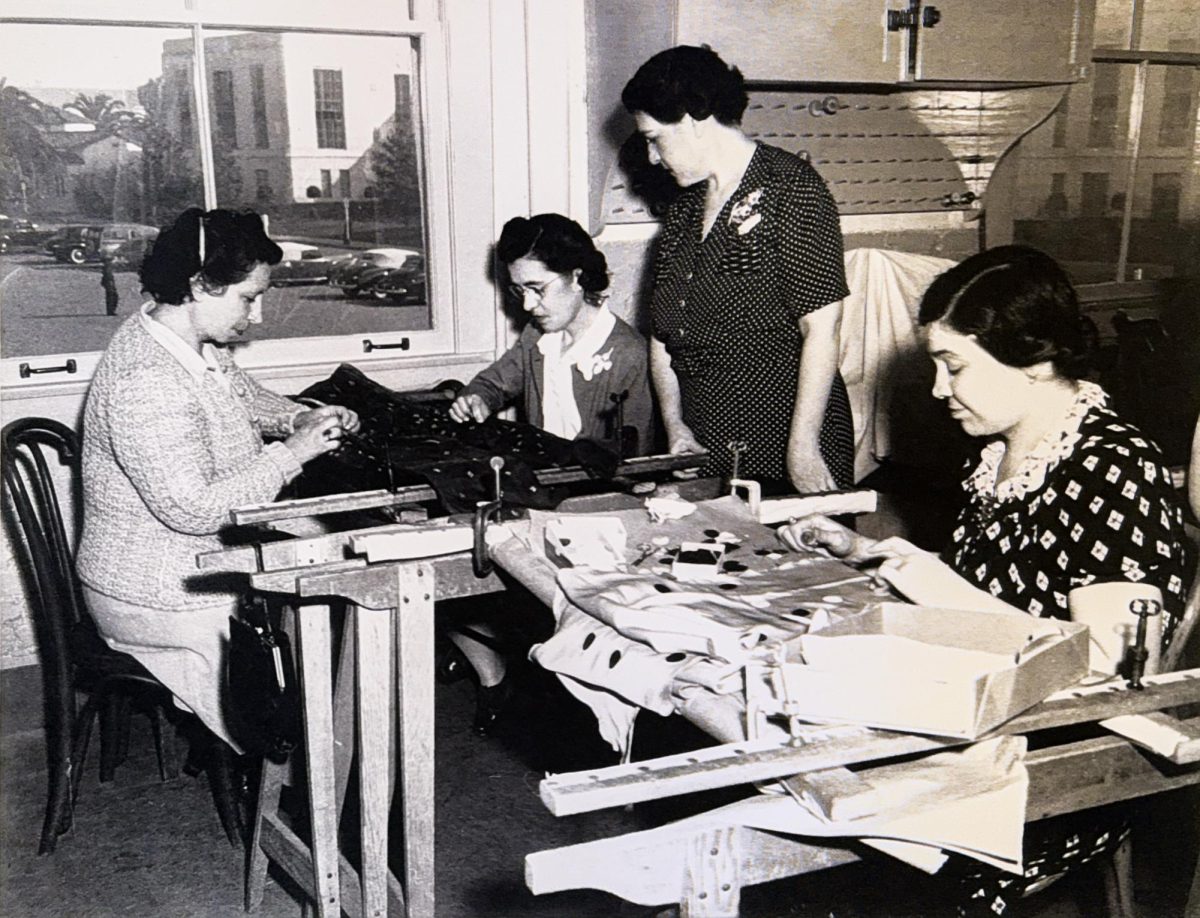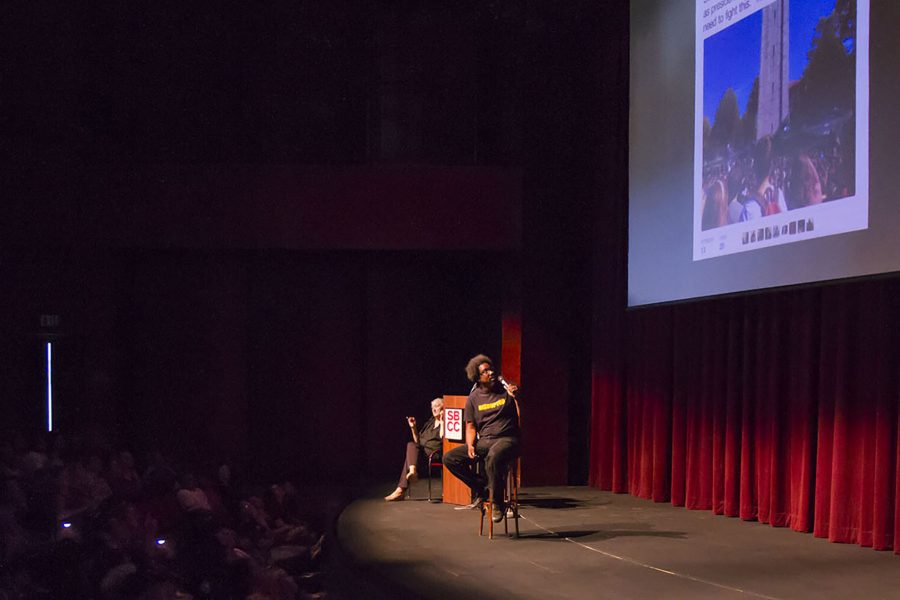Imagine living in a country where if you’re female, you’re considered lower class. If you step outside during crowded events, you risk being groped, stalked, or otherwise harassed by male bystanders.
You are not treated as an equal to your male counterpart.
Many women, such as myself, could not fathom living in these conditions. But, for many years this lifestyle has been the norm for the women of Egypt.
The recent uprising in Cairo with demand for President Hosni Mubarak’s resignation after 30 years in office has united men and women. Despite their differences, they’re now coming together and protesting side-by-side for more jobs, and political reform.
Whether or not this means significant political change for the country as a whole, it definitely illustrates hope for women.
In previous protests, the majority of Egyptian women stayed home for fear of being sexually or verbally harassed. The risks were too high, and rewards too low.
But there are always the risk-takers in life, and some of these women were courageous, determined, and daring enough to put themselves in sticky situations to fight for their rights. However, to do so they would have to dress for the occasion.
Often times at protests people wear bold, home-made t-shirts with a statement printed right in the center – “save our troops,” “world peace,” etc. It’s bold, bright, and gets across the point of the protest.
It’s quite the contrary for these women.
Baggy clothing has remained the dress code for Egyptian women who wish to not attract attention to themselves during these events.
In an article by ABC News, The Egyptian Center for Women’s Rights exposed in 2008 that 83 percent of all Egyptian women had experienced some type of sexual harassment. That includes being stalked by telephone, followed in the streets, and being groped. The sample included only a small part of the country, but regardless, the numbers are appalling.
Women who would have normally stayed home to avoid these violations are now out on the streets, without worry, defending their rights.
In past protests, female participation would seldom rise to 10 percent. The Huffington Post reported estimates between 20 and 50 percent during most recent protests. Women are actively leading chants on the streets alongside men, while sexual harassment has not been an issue.
Whether or not the result of this revolution is out of men’s desperation to liberate the country, the women of Egypt should take this opportunity head on, and make sure their voices are heard.
Male-female equality is something that should be existent everywhere, but unfortunately, barely exists anywhere. I am mindful that every culture varies greatly from another, but in no way do I feel the past should dictate the future.
This is an opportunity for these women to shape the future of Egypt, and demand the equality they deserve.
















